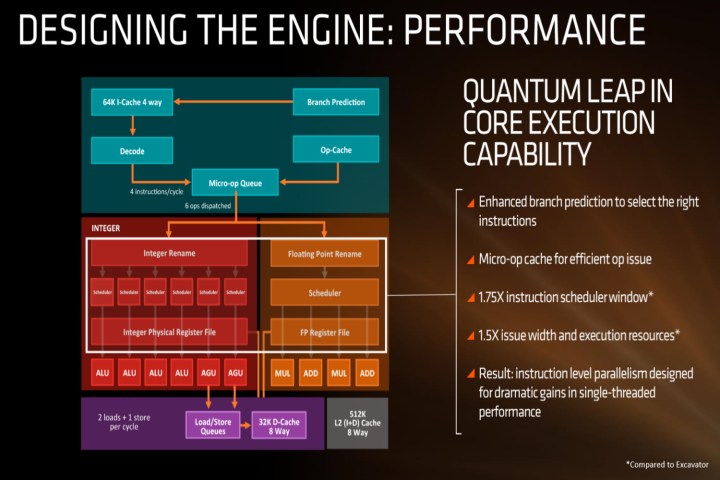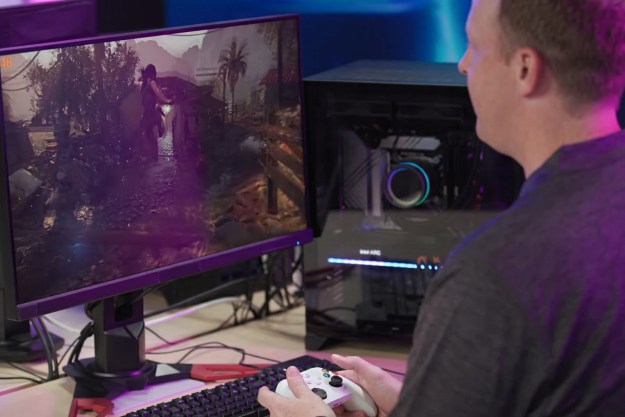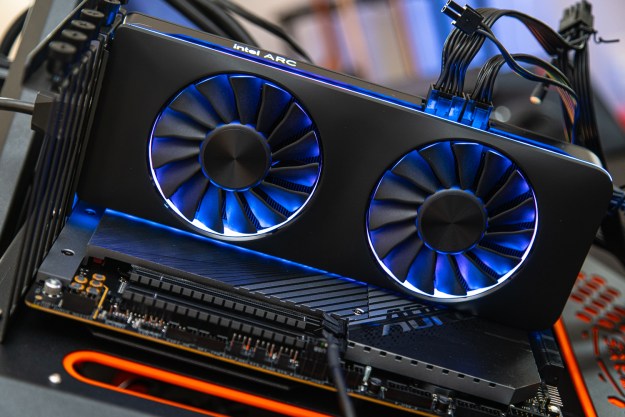
The latest source for information on AMD’s still-under-wraps technology comes from Baidu, where a user (via Hexus), claims to have spoken with someone who worked at motherboard maker (and AMD partner) Maxon in order to find out what’s happening. They claim that the first Zen chips will be part of AMD’s SR7 range and will cost somewhere between $200 and $300 apiece.
This is backed up by AMD’s own official statements, which previously stated that high-end desktop parts would be the first Zen components to be released. The pricing doesn’t seem particularly high end, though we are also told that AMD will also offer some overclocked, and potentially overclocking rated, chips for as much as $500.
Regardless of pricing though, it sounds like this generation may be the first in a long time that can compete directly with top-end Intel chips. The eight core/16 thread configurations are said to be capable of taking on Intel’s i7-6850K, which costs as much as $600.
This is again something AMD has said before, though in its “clock for clock,” test earlier this year, it did underclock Intel’s chip to make it possible. While impressive, stock chip vs stock chip would perhaps have been more so. If AMD couldn’t hit the same clock speeds, it doesn’t matter as much if it is as powerful at the same clocks.
Yet again, though, the quoted Maxon source claims that AMD has now succeeded. We’re told that the 3GHz engineering Zen sample used in the aforementioned test has been improved since, with first-generation chips set to come with speeds up to 3.3GHz base and 3.5GHz boosted. Overclocking however will let users take their systems up to over 4Ghz, we’re told, which if true, could make Zen a very competitive hardware lineup.
The second range of lower-end Zen chipsets and motherboards will arrive in March, so presumably that’s when we’ll see the SR5 and SR3 Zen chips, too.
Editors' Recommendations
- It’s time to stop ignoring the CPU in your gaming PC
- I’ve used Intel CPUs for years. Here’s why I’m finally switching to AMD
- AMD’s upcoming APUs might destroy your GPU
- AMD’s next-gen CPUs are much closer than we thought
- Best tools to stress test your CPU




